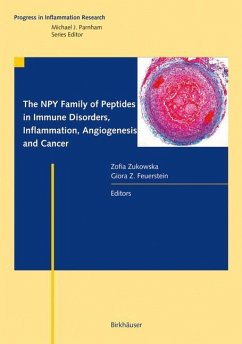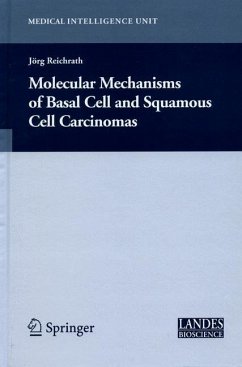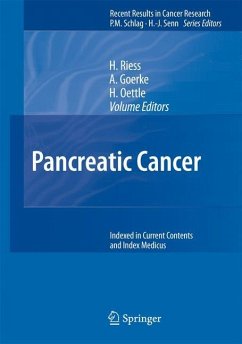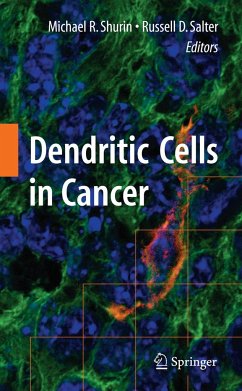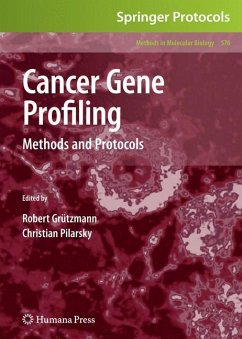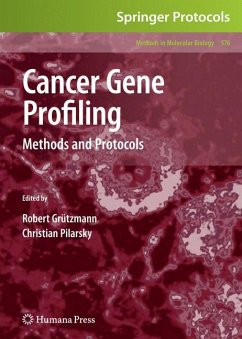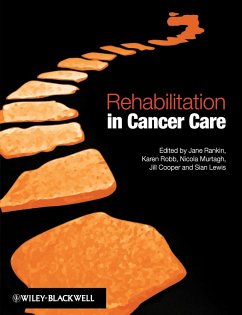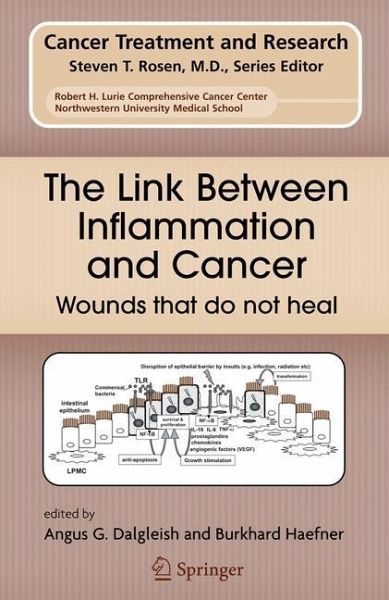
The Link Between Inflammation and Cancer
Wounds that do not heal
Herausgegeben: Dalgleish, Angus G.; Haefner, Burkhard
Versandkostenfrei!
Versandfertig in 1-2 Wochen
112,99 €
inkl. MwSt.

PAYBACK Punkte
56 °P sammeln!
The transcription factor NF-kB has long been known to play a central role in the immune system by regulating the expression of key genes. Moreover, activation of this transcription factor helps a wide variety of cell types survive damage induced by pro-apoptotic stimuli. Owing to its critical role in the regulation of pro-inflammatory genes, NF-kB has long been regarded as a promising target for the discovery of anti-inflammatory drugs. More recently, NF-kB has emerged as a major culprit in a variety of human cancers mainly due to its ability to protect transformed cells from apoptosis. This finding should not have come as a surprise since there exists a link between inflammation and cancer which was already suggested by Galen and later demonstrated by Virchow. This link, of crucial importance for the design of novel strategies for cancer treatment, is the topic of this book.
A link between inflammation and cancer has been established many years ago, yet it is only recently that the potential significance of this connection has become apparent. Although several examples of chronic inflammatory conditions, often induced by persistent irritation and/or infection, developing into cancer have been known for some time, there has been a notable resistance to contemplate the possibility that this association may apply in a causative way to other cancers. Examples for such progression from chronic inflammation to cancer are colon carcinoma developing with increased frequency in patients with ulcerative colitis, and the increased incidence of bladder cancer in patients suffering from chronic Schistosoma infection. Inflammation and cancer have been recognized to be linked in another context for many years, i.e., with regards to pathologies resembling chronic lacerations or 'wounds that do not heal.' More recently, the immunology of wound healing has given us clues as to the mechanistic link between inflammation and cancer, in as much as wounds and chronic inflammation turn off local cell-mediated immune responses and switch on growth factor release as well the growth of new blood vessels - angiogenesis. Both of these are features of most types of tumours, which suggest that tumours may require an immunologically shielded milieu and a growth factor-rich environment.





